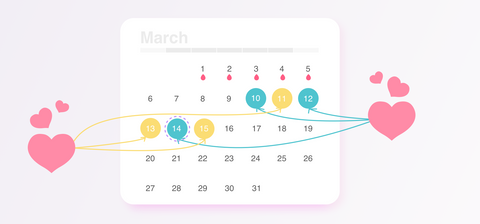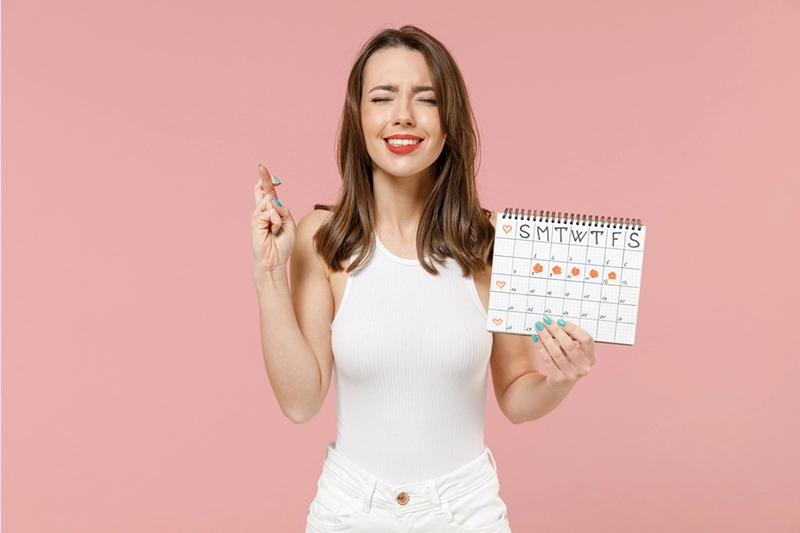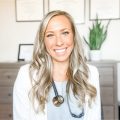How often should you have sex to get pregnant? Using an ovulation calculator method can be helpful and may also help improve your chances. When women ovulate and how long sperm live in the body certainly plays a role, but so does keeping the pressure off yourselves as a couple and knowing what works best for your bodies. Regular intercourse during the fertile time is key.
Maybe being so strict to improve your chances of getting pregnant isn’t the right answer. To get pregnant fast, using your ovulation predictor tools and having sex regularly during your high fertility time may just increase those chances!
One of the most common questions in the TTC community is:
“Does having sex every day, or even twice a day, improve the chances for conception”?
As it turns out, having sex every day can put a lot of pressure on couples, which can cause unnecessary stress. The stress associated with trying to conceive can reduce sexual satisfaction and the frequency of intercourse in the long run. These factors can also be made worse when trying to adhere to a strict schedule. This is why it is important to know that intercourse both every day and every other day are both successful options; intercourse frequency above that is not correlated with improved outcomes.
If you miss a day, it is going to be okay!
Target your Fertile Window
The idea is that each act of intercourse when you’re in the fertile window comes with a chance of pregnancy. If couples try having sex every day all through your cycle, that would be exhausting! Ideally, you want to target that fertile window of 5-7 days, which is why you’re charting and tracking. An app like Premom can help you pinpoint your most fertile days so you can be confident you are timing intercourse correctly.
That’s why you:
- Have your ovulation tests
- Have your BBT thermometer
- Might be observing cervical fluid
All of these things that you’re doing, you’re doing so that you can identify the time that you are fertile. Once you know this, you can maximize your chances of conceiving.
Plan for Every Other Day
If you’re trying to conceive but not charting a good rule would just be to have sex every second day during your estimated fertile period. Using this method if you ovulate on cycle day 14, you may want to plan sex on cycle days 10, 12, and 14. If you prefer to use odd days you might want to plan sex on cycle days 11, 13, and 15. Both of these options can help increase your chances of conception each cycle.

Sperm Quality Over Quantity
When you know that you are in your fertile window you may not want to restrict yourself to every other day. Increased frequency can be helpful if your partner has a low sperm count. Most men without a low sperm count can have sex every day without negatively affecting their sperm quantity, sperm quality, or ability to conceive. However, we still recommend you target sex on your most fertile days.
Did you know…?
Having intercourse on the 2 days before ovulation roughly translates to a 25-28 percent chance of pregnancy.
Having intercourse during the 24 hours after ovulation roughly translates to an 8-10 percent chance of pregnancy.
Having intercourse five days before ovulation roughly translates to a 4 percent chance of pregnancy.
Having intercourse the remainder of your cycle has a 0 percent chance of pregnancy.
Essentially, this means if you’re having sex on multiple days in your fertile window, you’re increasing the likelihood of getting pregnant!
Now you are probably wondering how to conceive a boy or girl. Check out our next blog on Sex Myth Busting for more answers to your fertility questions!
By Heather Wigsmoen Medically Reviewed by Dr. Patti Haebe, NMD
References



